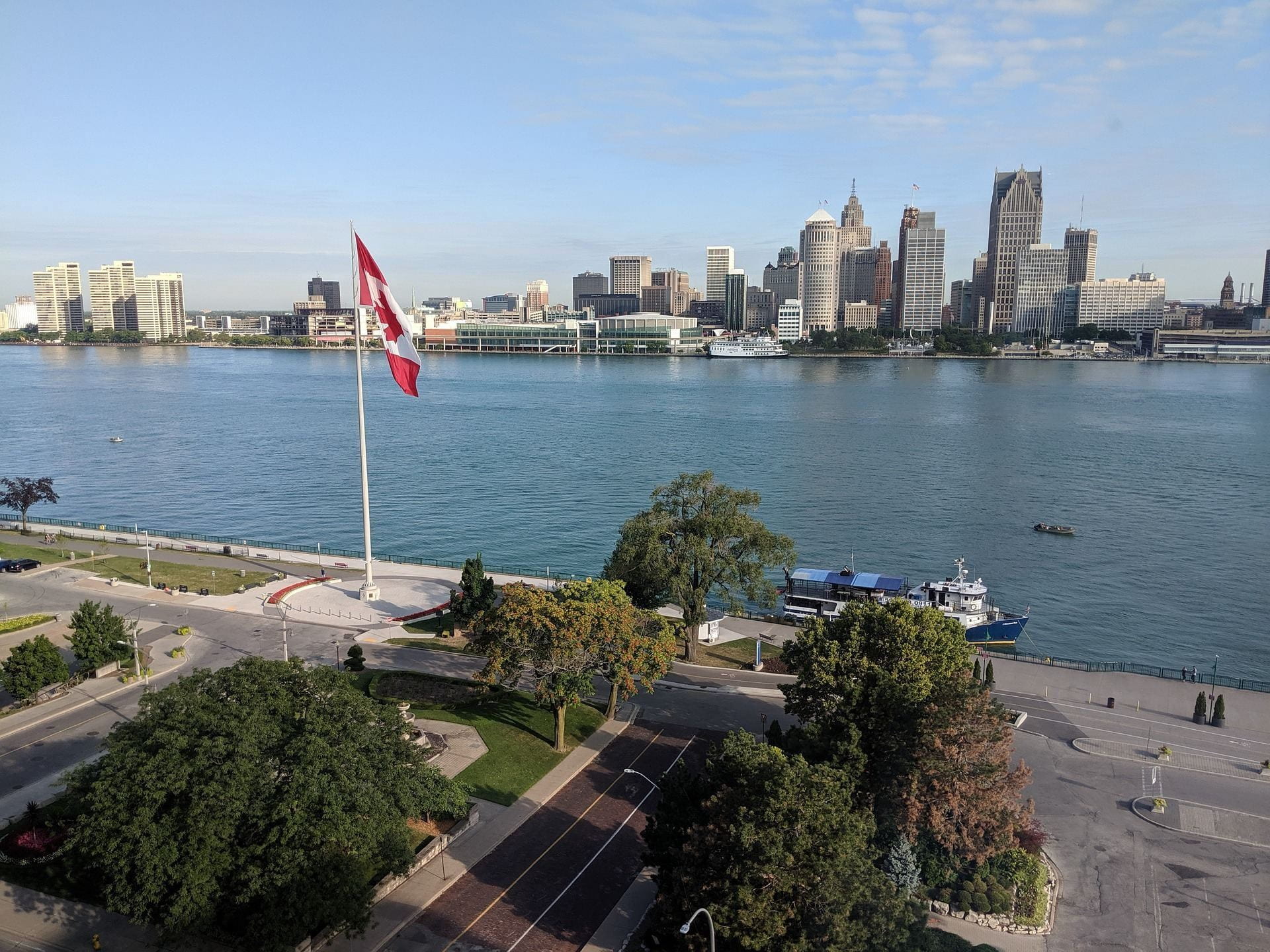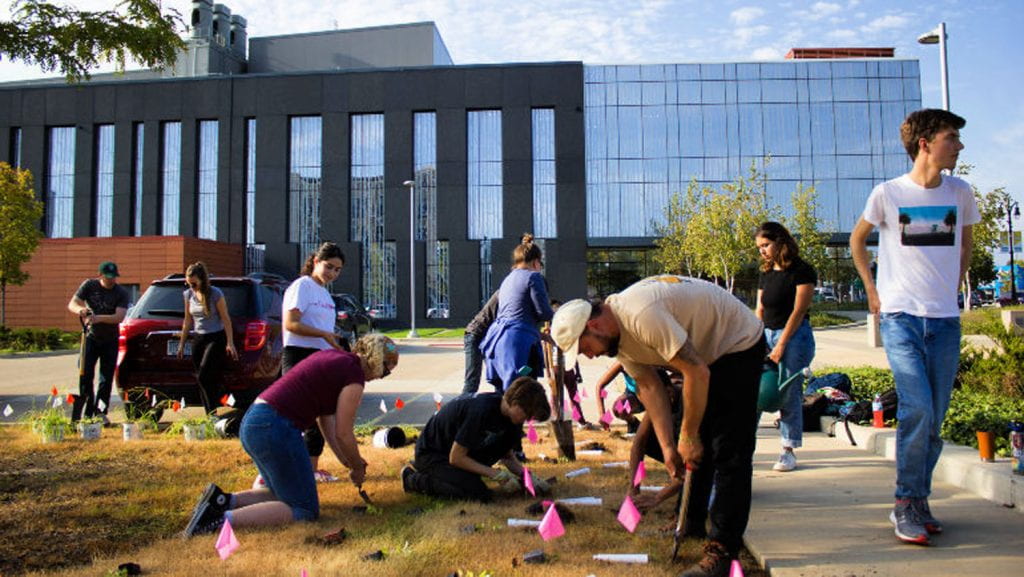What is T-RUST?
T-RUST provided the opportunity to its students to pursue their PhD or Masters by working with local communities, businesses, industries, scientists, and policy makers to understand and address challenges in urban sustainability.
T-RUST was an innovative graduate training program at Wayne State University that integrated social and physical science, technology, engineering, and mathematics in an effort to tackle complex challenges in urban sustainability. T-RUST aimed to train students using integrated scientific, engineering, and social science approaches combined with innovative policy-making in an effort to foster innovation in urban sustainability.
T-RUST Program Outcomes 2023
The T-RUST (Transformative Research in Urban Sustainability Training) program at Wayne State University was an NSF-NRT (NSF# 1735038) initiative designed to transform graduate education in urban sustainability. The program met and even exceeded the six original goals established in 2018: science leadership, curriculum relevance, community impact, broader applicability, STEM recruitment, and program sustainability.
T-RUST supported 33 graduate students, produced over 30 publications (to date), and welcomed 13 (39%) underrepresented individuals and 23 (70%) female graduates between 2018-2023. Of the 33 supported graduates, 10 have already graduated from the program, comprising seven master's and three doctorate degrees, boasting a 94% student retention rate. Over the past three years, students and faculty have delivered over 50 presentations. These included collaborations at local (with Metro Detroit middle and high schools), national (Puerto Rico), and international levels (T-RUST/GLIER seminar series with Canada). T-RUST students also forged strong ties with local K-12 schools, spearheading a bee pollination project for middle school students. Collaborating with the Belle Isle Conservancy (Detroit STEM Stars program), they organized a virtual event tailored for 5th-grade students. In 2021 alone, students secured $88.5k in grants from various sources, ranging from local entities like the MI Garden Club to national bodies such as the American Geophysical Union. Impressively, five of these grants were collaborative efforts with non-profit partners in Detroit. The program's success ushered in significant curriculum modifications, introducing four new interdisciplinary courses, a graduate certificate program in Urban Sustainability, and a pioneering Urban Sustainability PhD program.
Beyond academic achievements, Wayne State University earned the prestigious designation as a United Nations Regional Centre (RCE) of Expertise for Education on Sustainable Development, in partnership with the University
of Windsor. This esteemed international alliance, one of just 11 in the United States and 188 globally, will uphold and expand upon the principles championed by T-RUST. Notably, PI Donna Kashian serves as the Director of
the WSU segment of the RCE.
Find out how T-RUST lives on in the RCE Detroit Windsor!
This material is based upon work supported by the National Science Foundation under Grant No. 1735038
Why T-RUST?

Industry Collaboration
T-RUST students built collaborative relationships with community leaders, industry experts, social impact organizations and governmental institutions. Students acquired and engaged in internships, research projects, and community service activities, that had real-world application.

Innovative Research Opportunities
Through cutting-edge interdisciplinary research projects, students gained competitive insights helping them become leaders in their field. Students tackled questions pertaining to:
- » Urban Ecological Systems
- » Urban Redevelopment and the Blue Economy
- » Sustainable Urban Water Infrastructure

Cross Discipline Experience
Students and faculty from Biology, Engineering, Communication, Pharmacy, Anthropology, Economics, Geology, and other STEM disciplines worked together and integrated scientific, engineering, and social science approaches toward innovation in urban sustainability.















